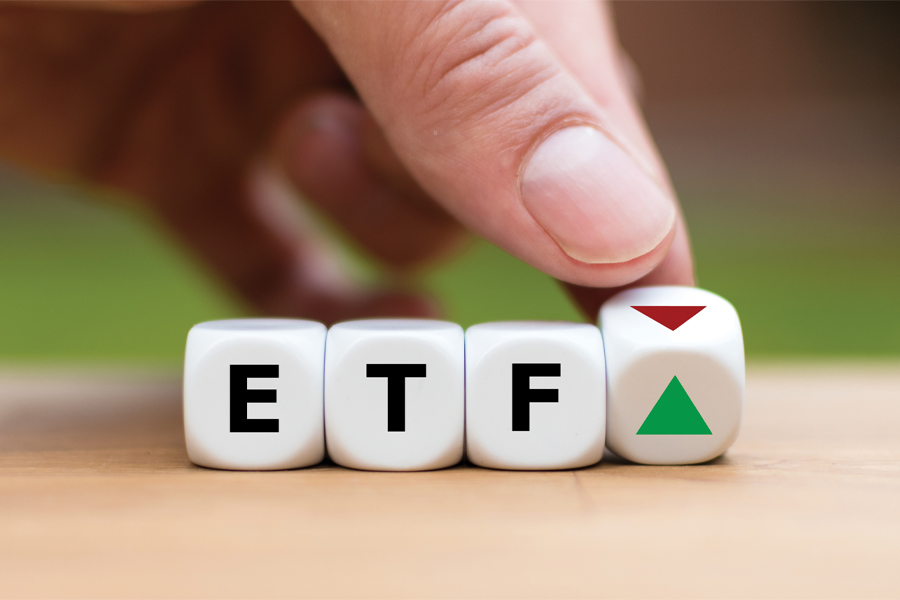
Crash course: Meltdown in leveraged single-stock ETFs offers harsh lesson for investors
- 21.03.2025 00:00
- investmentnews.com
- Keywords: Leveraged single-stock ETFs, Market Volatility
Leveraged single-stock ETFs have caused significant investor losses due to their high volatility and concentration risks, despite attracting retail traders through amplified returns. These complex funds, which use derivatives and borrowing to boost daily price moves, highlight the dangers of timing volatile investments and underscore the need for caution among investors.